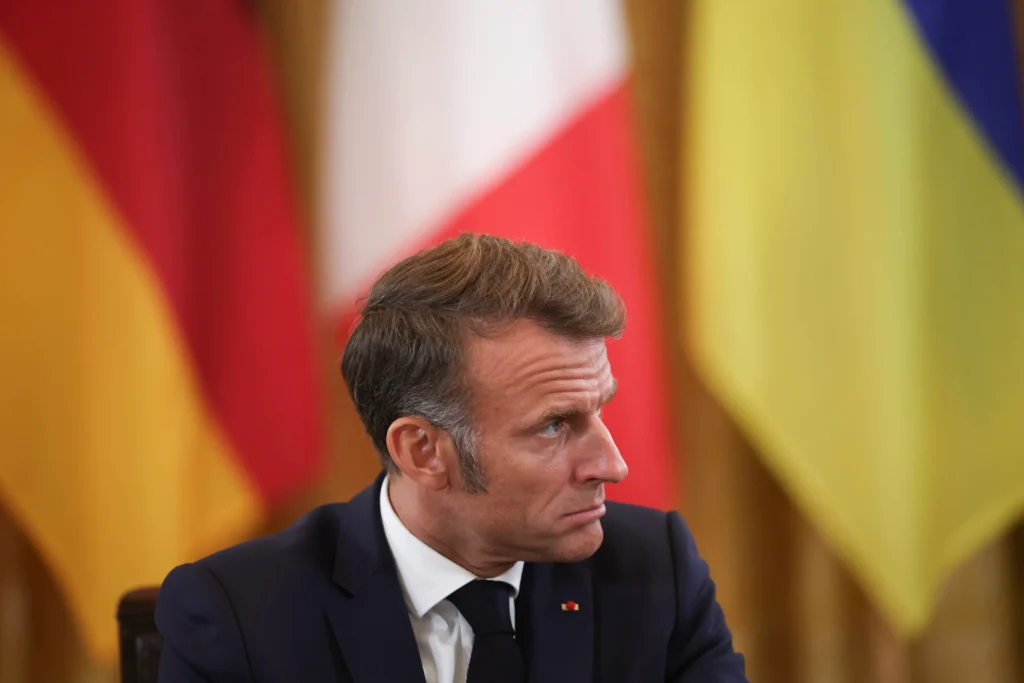PARIS (Realist English). French President Emmanuel Macron is facing his deepest political crisis yet after lawmakers voted on Monday to oust Prime Minister François Bayrou, his key ally, in a no-confidence motion. The vote was decisive, with 364 deputies supporting Bayrou’s removal and only 194 standing by him.
The Élysée said Macron would appoint a new prime minister “in the coming days” — the fifth in less than two years — but doubts remain over whether any successor can succeed where Bayrou failed: pushing through tens of billions of euros in budget cuts to contain France’s spiraling debt.
The ouster has sharpened scrutiny on Macron himself, who faces nationwide strikes set for September 10 and union-led protests on September 18. His approval ratings have sunk to a record low, even below levels seen during the Yellow Vest unrest of 2018–2019.
Opposition leaders squarely blamed Macron for the crisis. “There is only one person responsible for the fiasco and instability — the president of the Republic,” said Socialist parliamentary leader Boris Vallaud. Communist lawmaker Stéphane Peu mocked the situation, likening Bayrou to the “fourth prime minister to fall to save President Macron.” Far-left leader Mathilde Panot went further, urging Macron’s resignation: “The president doesn’t want to change his policies? Then we will have to change the president.”
Macron is still trying to broker a deal with moderates, centrists and the conservative Les Républicains to form a minority government capable of passing a budget. But Bayrou’s crushing defeat signals his efforts may already be doomed.
Bayrou, in his farewell address, warned that France’s “life-threatening” debt cannot be ignored: “You have the power to overthrow the government, but not to erase reality.”
The Socialists now sense an opening. Vallaud urged Macron to appoint a Socialist prime minister and promised “another path” with fairer tax policies and fewer austerity measures. Scenarios floated in Paris range from a grand coalition stretching from conservatives to Socialists, to non-aggression pacts in which one side tolerates a rival government in exchange for budget concessions.
Yet the gulf between the center-left and center-right on economic policy remains wide. Laurent Wauquiez, leader of Les Républicains in parliament, warned his party would not support any Socialist-led government influenced by the far-left New Popular Front.
With municipal elections looming in March 2026, few parties are eager to be tainted by association with Macron, whose presidency is increasingly described in France as entering a fin de règne — an end-of-reign atmosphere. Even within Les Républicains, divisions ran deep: 27 MPs backed Bayrou in Monday’s vote, while 13 voted against him.
Far-right leader Marine Le Pen argued Macron has no way out but to dissolve parliament. “Dissolving parliament will not be an option, but an obligation,” she said. Yet a snap election could deepen, rather than resolve, the political paralysis.
Macron’s escape route, once narrow, now looks vanishingly thin.
